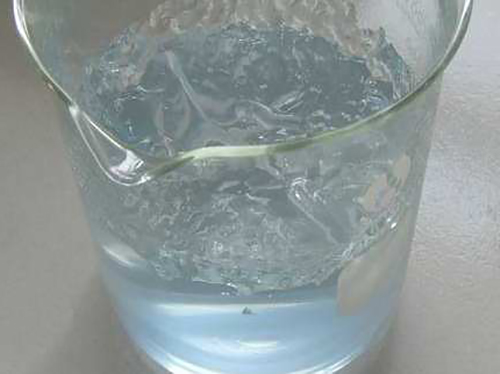Effective Strategies for Preventing Corrosion and Scale Buildup in Industrial Systems and Equipment
Corrosion and Scale Inhibitors Essential Tools for Industry
Corrosion and scale formation represent significant challenges across various industries, including oil and gas, water treatment, and manufacturing. The costs associated with equipment degradation, system inefficiencies, and environmental damage necessitate the use of effective corrosion and scale inhibitors. Understanding the mechanisms by which these inhibitors function provides insights into their importance and application.
Understanding Corrosion and Scale Formation
Corrosion is the process through which metals deteriorate due to chemical reactions with their environment. Factors such as moisture, oxygen, and the presence of electrolytes accelerate this degradation. In industrial settings, corrosion can occur in pipelines, storage tanks, and machinery, leading to operational failures and safety hazards. Scale, on the other hand, refers to mineral deposits that form on surfaces, particularly in water systems, as a result of temperature changes and evaporation. This can impede fluid flow, reduce heat transfer efficiency, and lead to increased energy consumption.
Role of Inhibitors in Mitigating Corrosion and Scale
Corrosion and scale inhibitors are chemical substances that, when added to the fluid systems, can prevent or reduce these detrimental processes. Corrosion inhibitors work by forming a protective layer on the surface of metals or by neutralizing corrosive agents in the environment. Common types of corrosion inhibitors include
1. Anodic Inhibitors These compounds promote the formation of a passive film on the metal surface, reducing the anodic reaction during corrosion.
2. Cathodic Inhibitors These substances interfere with the cathodic reaction of the electrochemical process, reducing the overall corrosion rate.
.
3. Mixed Inhibitors These compounds affect both the anodic and cathodic reactions, providing a more comprehensive protection.
corrosion & scale inhibitors

Scale inhibitors, on the other hand, often include phosphonates, polyacrylates, and polymers that interfere with the crystallization process of minerals, such as calcium carbonate or sulfate. By inhibiting the nucleation and growth of scale-forming minerals, these inhibitors ensure that systems run efficiently and without obstruction.
Application of Inhibitors in Various Industries
In the oil and gas sector, corrosion and scale inhibitors are crucial for maintaining the integrity of pipelines and production facilities. The harsh conditions prevalent in this industry, including high pressures and corrosive fluids, make the usage of these inhibitors indispensable. Similarly, in power plants, where heat exchangers and cooling systems are at risk of scaling, these inhibitors play a vital role in preventing efficiency losses.
In water treatment facilities, the application of corrosion and scale inhibitors helps in protecting the infrastructure from rapid degradation, ensuring the longevity and reliability of the systems involved in supplying safe drinking water. They are also commonly used in cooling towers and boilers, where mineral scaling could significantly impair operational efficiency.
Environmental Considerations
While corrosion and scale inhibitors provide significant benefits, it is essential to consider their environmental impacts. Many traditional inhibitors may contain toxic components that could harm aquatic life and ecosystems if released into the environment. As a result, the development of greener formulations and eco-friendly alternatives has gained momentum in recent years. Innovators are focusing on biodegradable inhibitors and those derived from natural sources, aimed at minimizing ecological footprints.
Conclusion
Corrosion and scale inhibitors are indispensable tools across various industries, effectively mitigating the challenges associated with infrastructure degradation. The selection and application of the appropriate inhibitors not only enhance operational efficiency and safety but also contribute to sustainable practices in industrial processes. As advancements in technology and materials continue, the future looks promising for the development of more effective and environmentally friendly corrosion and scale inhibitors, ensuring that industries can thrive without compromising ecological integrity.
-
Water Treatment with Flocculant Water TreatmentNewsJun.12,2025
-
Polymaleic AnhydrideNewsJun.12,2025
-
Polyaspartic AcidNewsJun.12,2025
-
Enhance Industrial Processes with IsothiazolinonesNewsJun.12,2025
-
Enhance Industrial Processes with PBTCA SolutionsNewsJun.12,2025
-
Dodecyldimethylbenzylammonium Chloride SolutionsNewsJun.12,2025





